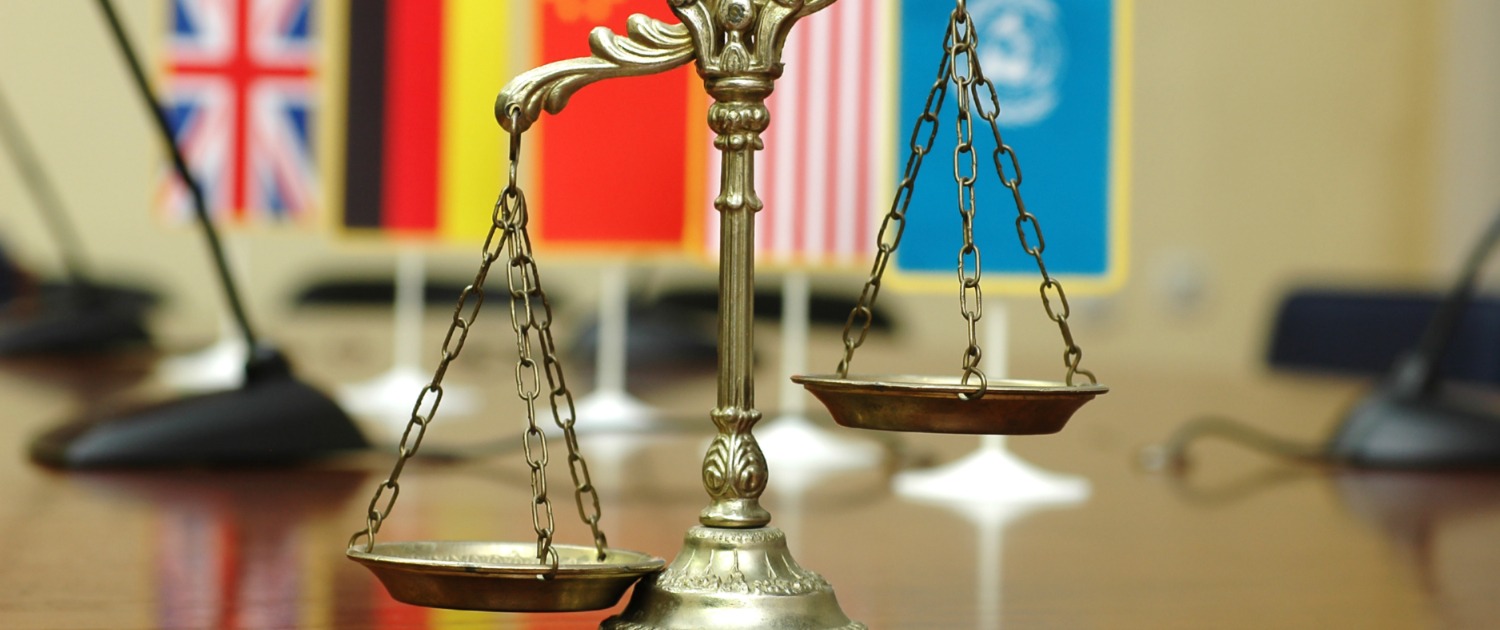If you are bringing a civil lawsuit against a person or company that is outside of the United States, then you will need international service of process... Ancillary Legal has the experience, staffing, and resources to assist with international service of process under the Hague Service Convention. Below, Ancillary Legal provides some answers to frequently asked questions about the HSC.
If you are bringing a civil lawsuit against a person or company that is outside of the United States, then you will need international service of process. The international service of process will need to be valid and proper for the U.S. court to have the authority to render a judgment in the case. One of the main methods of obtaining a legally valid international service of process is through the Hague Service Convention. Ancillary Legal has the experience, staffing, and resources to assist with international service of process under the HSC. Below, Ancillary Legal provides some answers to frequently asked questions about the Hague Service Convention.

The HSC is an international treaty with about 91 current signatories. The purpose of the HSC is to facilitate and standardize cross-border service of process.
“Service of process” generally means delivering a copy of the Complaint and Summons to persons or businesses who are being sued. These are typically called “defendants” — those who are defending against the lawsuit. A lawsuit is initiated by the filing of a Complaint (sometimes called a Petition). A Summons gives the defendant information about the lawsuit, where the court is located, deadlines for filing a response to the Complaint, and court hearing dates.
In very simple terms, each signatory nation establishes a “Central Authority” that is tasked with serving court papers on the defendants residing in that country. In very simple terms, those who are bringing the lawsuit — plaintiffs — arrange for a request for service and duplicate copies of the Complaint and Summons (and other required papers) to be sent to the Central Authority for delivery to the defendants. All documents must be translated into the local language. If service of process is successful, the Central Authority completes a Certificate or Proof of Service, which is returned. The Proof of Service must be filed with the U.S. court.
The Central Authority of the receiving nation will attempt service of process according to their local national laws. Often that means a local judicial officer hand-delivers the court papers to the defendant or defendants. However, some countries allow service by private agents appointed by a local court and/or service via mail.
No. Private persons are not allowed to send requests for service to the Central Authority of a foreign country. Only “an authority or judicial officer” is permitted to send requests for service. In the U.S., “judicial officers” include private attorneys. However, some signatories to the HSC do accept requests from private attorneys. In those cases, a Letter Rogatory is generally required from the local U.S. court.
No. The HSC is only available for civil cases.
Yes. In the U.S., the Central Authority is called The Office of International Judicial Assistance (“OIJA”) and is located in Washington, D.C. The OIJA is part of the Department of Justice.
For more information, contact Ancillary Legal at (404) 459-8006. We have the deep experience, staffing and resources to help you satisfy the requirements for proper and valid international service of process. We focus on litigation support domestically and internationally and can ensure that your time can stay focused on the substance of your matter and not procedural technicalities. Contact us today to find out how we can help you.

Contact us for a free consultation with an Ancillary Legal representative.